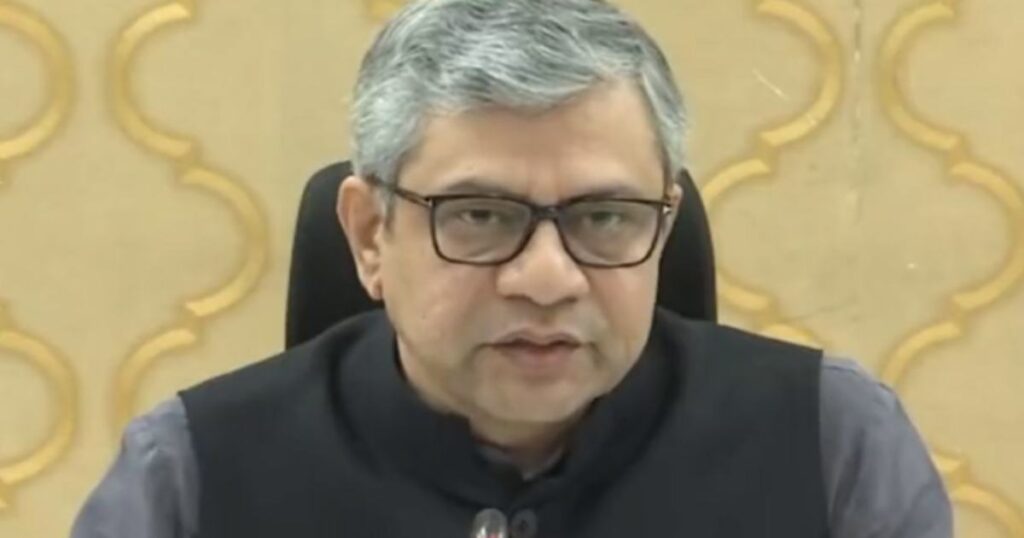Railway Minister Ashwini Vaishnaw Announces Kavach System Deployment on Mumbai-Delhi and Delhi-Kolkata Corridors by March 2025

Mumbai, 7th August 2024: In New Delhi, Railway Minister Ashwini Vaishnaw announced on Wednesday that the Automatic Train Protection system, Kavach, is set to be implemented on the 3,000-kilometer Mumbai-Delhi and Delhi-Kolkata rail corridors by March next year.
Vaishnaw revealed that the advanced Kavach 4.0 system received approval from the Research Designs and Standards Organisation (RDSO) on July 17, and large-scale deployment will commence soon. The Kavach 4.0 system is designed to handle communication challenges across diverse geographical conditions, including hilly, forested, coastal, and desert terrains.
The new version will ensure uniformity across the system, with upgrades to previous versions being carried out simultaneously. The Railway Ministry has also sanctioned the installation of Kavach on 10,000 locomotives over the next two years, with an additional 10,000 locomotives to follow in subsequent phases.
Additionally, the ministry will invite tenders for implementing Kavach on the 3,300-kilometer Mumbai-Chennai and Chennai-Kolkata routes, as well as on approximately 5,000 kilometres of automatic signalling sections. The tender process is expected to be completed within a few months, with installation slated to begin in October 2024.
Vaishnaw highlighted that the installation capacity has significantly increased from an initial 1,000 kilometres annually to 4,000 kilometres per year. With this capacity, Kavach will be operational on the Mumbai-Chennai and Chennai-Kolkata routes, as well as all automatic signalling sections, within three years.
Three companies have already been approved for Kavach implementation, and two more are nearing approval. This expansion will boost the annual installation capacity to approximately 5,500 kilometres.
The installation of additional Kavach components, such as station Kavach, RFID tags, and signalling towers, will proceed concurrently. The LiDAR survey of about 8,000 stations is expected to be completed by January next year. The system will utilize optical fibre cables laid by Railtel for communication, with communication towers and RFID tags being installed over the next two and a half years. Station Kavach, being the most complex, will be implemented as part of this process.
Vaishnaw noted that while Kavach will not detect track defects or obstructions, it will address errors related to locomotive operation. The system is expected to prevent train incidents caused by red-signal violations with 100% effectiveness. However, it does not increase train speed, which depends on track improvements and fencing.
The Kavach system will automatically regulate train speed and apply brakes as needed to prevent accidents, enhancing the safety of railway operations.





